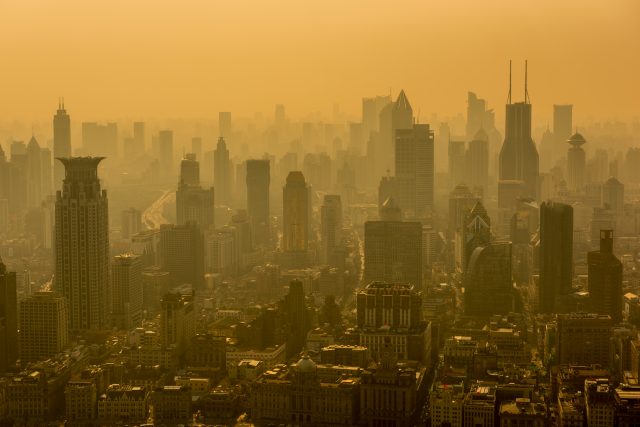This website uses cookies so that we can provide you with the best user experience possible. Cookie information is stored in your browser and performs functions such as recognising you when you return to our website and helping our team to understand which sections of the website you find most interesting and useful.
China to experience extreme heatwaves every five years
Viticulturalists in China will be concerned to hear the results of a World Weather Attribution study, which reveal that the country can expect severe spells of heat more frequently than Europe and the US.

A recent study by the World Weather Attribution (WWA) organisation reveals that as a result of global warming China is now 50 times more likely to experience heatwaves.
The country may now need to brace itself for periods of extreme heat once every five years, where previously China would only have experienced such soaring temperatures around once every 250 years.
According to the study, led by scientists from universities and meteorological agencies, severe heatwaves can now be expected “approximately once every 15 years in North America, once every 10 years in southern Europe, and once every five years in China.”
However, while the findings show that the frequency of heatwaves is likely to be worse in China than in other parts of the world, the rate at which the temperature is rising is considerably lower in China.
Taking data from weather conditions across the globe during the month of July 2023, researchers found that climate change had made heatwaves 2.5°C hotter than they would otherwise have been in Europe during that same period in previous years. Global warming made July heatwaves 2°C hotter in the US and just 1°C hotter in China.
That said, record temperatures were reached in many weather stations in China, said the WWA, and the all-China heat record was broken in Sanbao on the 16 July.
“Without human induced climate change these heat events would have been extremely rare,” said the WWA. “In China, it would have been about a once in 250 years event while maximum heat like that experienced in July 2023 would have been virtually impossible to occur in the US/Mexico region and Southern Europe if humans had not warmed the planet by burning fossil fuels.”
This year’s heatwaves have already impacted China’s cotton crops, and it remains to see how the country’s vineyards will fare following the bouts of prolonged heat.
“The full impact of a heatwave is rarely known until weeks or months afterwards,” said the WWA.
The report concluded that “There is an urgent need for an accelerated roll-out of heat action plans in light of increasing vulnerability driven by the intersecting trends of climate change, population ageing, and urbanisation.”

